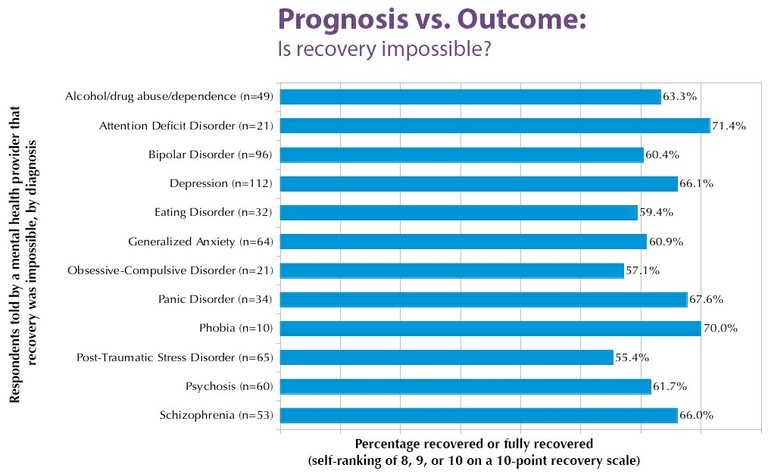MindFreedom International continued to carry its non-violent revolution in mental health care forward in 2013, with several exciting advocacy VICTORIES and the launch of the a new campaign to challenge hopelessness in mental health care!
MindFreedomOCCUPY THE APA Protest
- May 2012: In thespirit of liberty, MindFreedom took its nonviolent revolution to historicPhiladelphia, PA, USA, and to the doorstep of the American PsychiatricAssociation Annual Meeting. Over 200 protesters marched to the doors of theConvention Center and participated in a moving LABEL RIP, protesting thedehumanizing effects of psychiatric labels and oppression!
Solidarity eventswere held internationally. This important activism work was covered in thenational and international mainstream media!
MindFreedom Shield PROTECTS HumanRights!
- November 2012: We activated a MindFreedomSHIELD on behalf of Glen K. of New York, who was being given electroshockagainst his will. It took just 48 hours of rallying MFI members to make thedifference and stop the shock! 4months later, Glen walked out of New York’s Rockland Psychiatric Institution afree man. His attorney said, “His ability to successfully live outside ofthe four walls of his inpatient unit was regained by the cessation of this mostdrastic remedy of ECT [electro-convulsive therapy].”
- May 2011:, MindFreedom activated a successful MindFreedomSHIELD for Elizabeth Ellis of Minnesota. While in a psychiatricinstitution, she had endured numerous electroshock treatments against her will.
Learn moreabout the MindFreedom SHIELD campaign here, and JOIN MINDFREEDOM TODAY toactivate your own protective shield against human rights abuses in the mentalhealth system!
MindFreedomI GOT BETTER Campaign
In 2012MindFreedom International launched the I GOT BETTER campaign to challengesmessages of hopelessness in mental health care!
- http://igotbetter.org: We launched a website for the I GOTBETTER campaign that currently hosts over 200 videos and written stories of triumph overpsychiatric adversity! Here’s a video by David Oaks (former director of MindFreedom International) sharing HIS inspirational I GOT BETTER story:
There’s still time to submit YOUR story ofovercoming hopelessness in mental health care. We look forward to hearing fromyou!- Hope in Mental Health Care Survey: Well over 1000 people took our Hopein Mental Health Care Survey (which ran from June to October). Even thoughnegative and hopeless prognoses are common in mental health care, 97.3% of respondents reported experiencing “atleast some recovery” from their mental/emotional issues, and 63.8% of respondents described themselvesas “recovered” or “fully recovered” (a self-ranking of 8, 9, or 10 on a10-point recovery scale).The survey results clearly show that hopeless prognoses (that recovery is impossible) are USUALLY untrue. Below see a chart of the number of people who were told recovery was impossible who DID RECOVER!!
Wepublicized our results on websites like Mad In America, and they’re now beingtaught in college classrooms!
DownloadYOUR copy of the Hope in Mental Health Care Survey Report to learn moreabout this exciting work, and start sharing with your networks!
MindFreedom Protests Electroshock!
October 2012: Several electroshock survivors were joined by MindFreedom members and supporters in a shock protest and vigil outside the Alternatives 2012 conference in Portland, OR.
Learn about how YOU can get involved with MindFreedom’s Electroshock and Human Rights Initiative (chaired by Mary Maddock, co-founder of Mindfreedom Ireland!) here.
Document Actions


